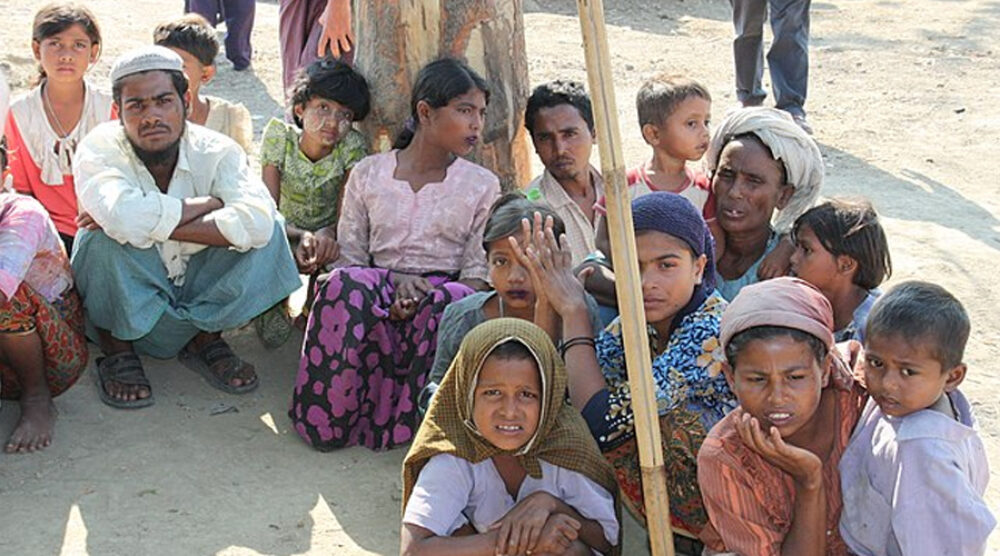SUSAN HARRIS RIMMER AND SARA E DAVIES |
Myanmar’s treatment of the Rohingya has passed the threshold for action under the Responsibility to Protect doctrine. As a regional leader, Australia has a duty to act.
This article is the second of a two-part series examining the prospect of justice for the Rohingya and encouraging anti-impunity measures in Myanmar. The first part is available here.
In 2005, the UN General Assembly adopted the World Summit Outcome Document, which included three paragraphs on the Responsibility to Protect (R2P). Since then, the principle has been referred to in multiple general assembly informal sessions, security council sessions and resolutions, and the UN secretary-general has issued a report on the principle every year since 2009.
The principle stated in the 2005 World Summit Outcome Document is the following:
- Each individual State has the responsibility to protect its populations from genocide, war crimes, ethnic cleansing and crimes against humanity. This responsibility entails the prevention of such crimes, including their incitement, through appropriate and necessary means. We accept that responsibility and will act in accordance with it. The international community should, as appropriate, encourage and help States to exercise this responsibility and support the United Nations in establishing an early warning capability.
- The international community, through the United Nations, also has the responsibility to use appropriate diplomatic, humanitarian and other peaceful means, in accordance with Chapters VI and VIII of the Charter, to help protect populations from genocide, war crimes, ethnic cleansing and crimes against humanity. In this context, we are prepared to take collective action, in a timely and decisive manner, through the Security Council, in accordance with the Charter, including Chapter VII, on a case-by-case basis and in cooperation with relevant regional organisations as appropriate, should peaceful means be inadequate and national authorities manifestly fail to protect their populations from genocide, war crimes, ethnic cleansing and crimes against humanity. We stress the need for the General Assembly to continue consideration of the responsibility to protect populations from genocide, war crimes, ethnic cleansing and crimes against humanity and its implications, bearing in mind the principles of the Charter and international law. We also intend to commit ourselves, as necessary and appropriate, to helping States build capacity to protect their populations from genocide, war crimes, ethnic cleansing and crimes against humanity and to assisting those which are under stress before crises and conflicts break out.
- We fully support the mission of the Special Adviser of the Secretary-General on the Prevention of Genocide.
Please click here to read the full “Justice for the Rohingya: Regional responsibility” article at the Australian Outlook by Associate Professor Susan Harris Rimmer and Griffith Asia Institute member, Associate Professor Sara Davies.








